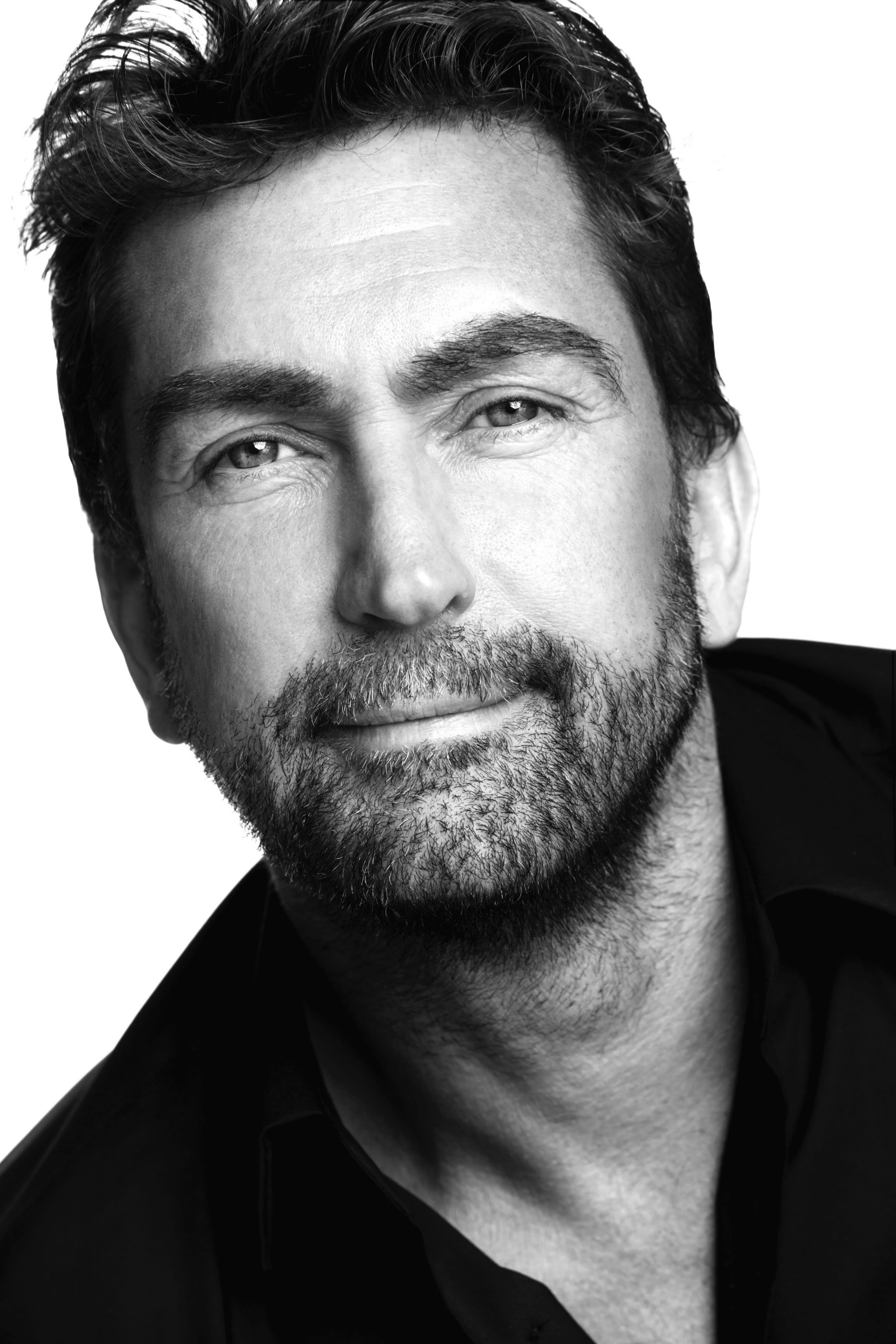
Ilya Sutskever, one of OpenAI’s co-founders, has launched a new company, Safe Superintelligence Inc. (SSI), just one month after formally leaving OpenAI.
Sutskever, who was OpenAI’s longtime chief scientist, founded SSI with former Y Combinator partner Daniel Gross and ex-OpenAI engineer Daniel Levy.
At OpenAI, Sutskever was integral to the company’s efforts to improve AI safety with the rise of “superintelligent” AI systems, an area he worked on alongside Jan Leike, who co-led OpenAI’s Superalignment team. Yet both Sutskever and then Leike left the company in May after a dramatic falling out with leadership at OpenAI over how to approach AI safety. Leike now heads a team at rival AI shop Anthropic.
Sutskever has been shining a light on the thornier aspects of AI safety for a long time now. In a blog post published in 2023, Sutskever, writing with Leike, predicted that AI with intelligence superior to humans could arrive within the decade — and that when it does, it won’t necessarily be benevolent, necessitating research into ways to control and restrict it.
Superintelligence is within reach.
Building safe superintelligence (SSI) is the most important technical problem of our time.
We've started the world’s first straight-shot SSI lab, with one goal and one product: a safe superintelligence.
It’s called Safe Superintelligence…
— SSI Inc. (@ssi) June 19, 2024
He’s clearly as committed as ever to the cause today. Wednesday afternoon, a tweet announcing the formation of Sutskever’s new company states that: “SSI is our mission, our name, and our entire product roadmap, because it is our sole focus. Our team, investors, and business model are all aligned to achieve SSI. We approach safety and capabilities in tandem, as technical problems to be solved through revolutionary engineering and scientific breakthroughs.”
“We plan to advance capabilities as fast as possible while making sure our safety always remains ahead. This way, we can scale in peace. Our singular focus means no distraction by management overhead or product cycles, and our business model means safety, security, and progress are all insulated from short-term commercial pressures.”
Sutskever spoke with Bloomberg about the new company in greater detail, though he declined to discuss its funding situation or valuation.
More apparent is that unlike OpenAI — which originally launched as a nonprofit organization in 2015, then restructured itself when the vast sums of money needed for its computing power became more obvious — SSI is being designed from the ground up as a for-profit entity. Judging by interest in AI and the team’s credentials specifically, it may be drowning in capital very soon, too. “Out of all the problems we face,” Gross tells Bloomberg, “raising capital is not going to be one of them.”
SSI has offices in Palo Alto and Tel Aviv, where it is currently recruiting technical talent.
OpenAI is forming a new team to bring ‘superintelligent’ AI under control








